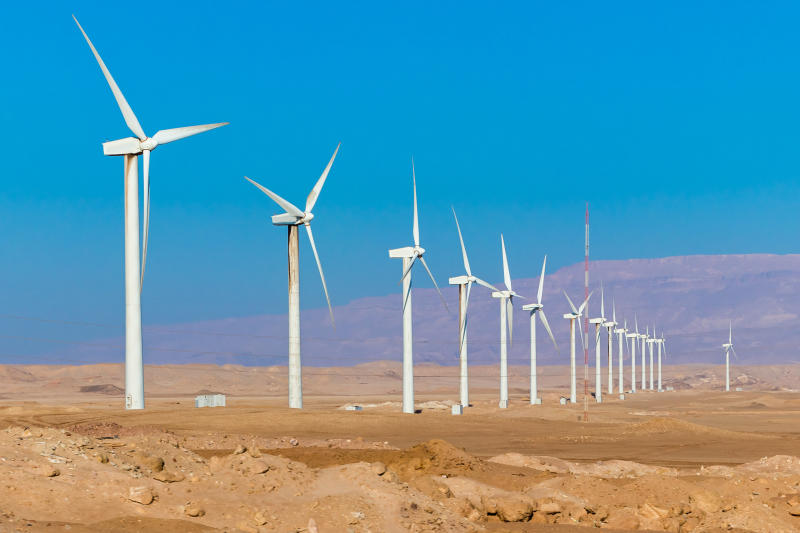×
The Standard e-Paper
Stay Informed, Even Offline

When it comes to energy production in Africa, renewable sources have been on the rise. This is buoyed by the vast availability of clean energy sources such as the sun, water, geothermal and wind.
Although the transition to renewable energy sources in the last decade has been progressive, gaps in accessibility of the resource continue to widen. With the ever-increasing economic and environmental costs of using fossil fuels and the accelerated impacts of climate change, a transition to renewable energy is imperative.







